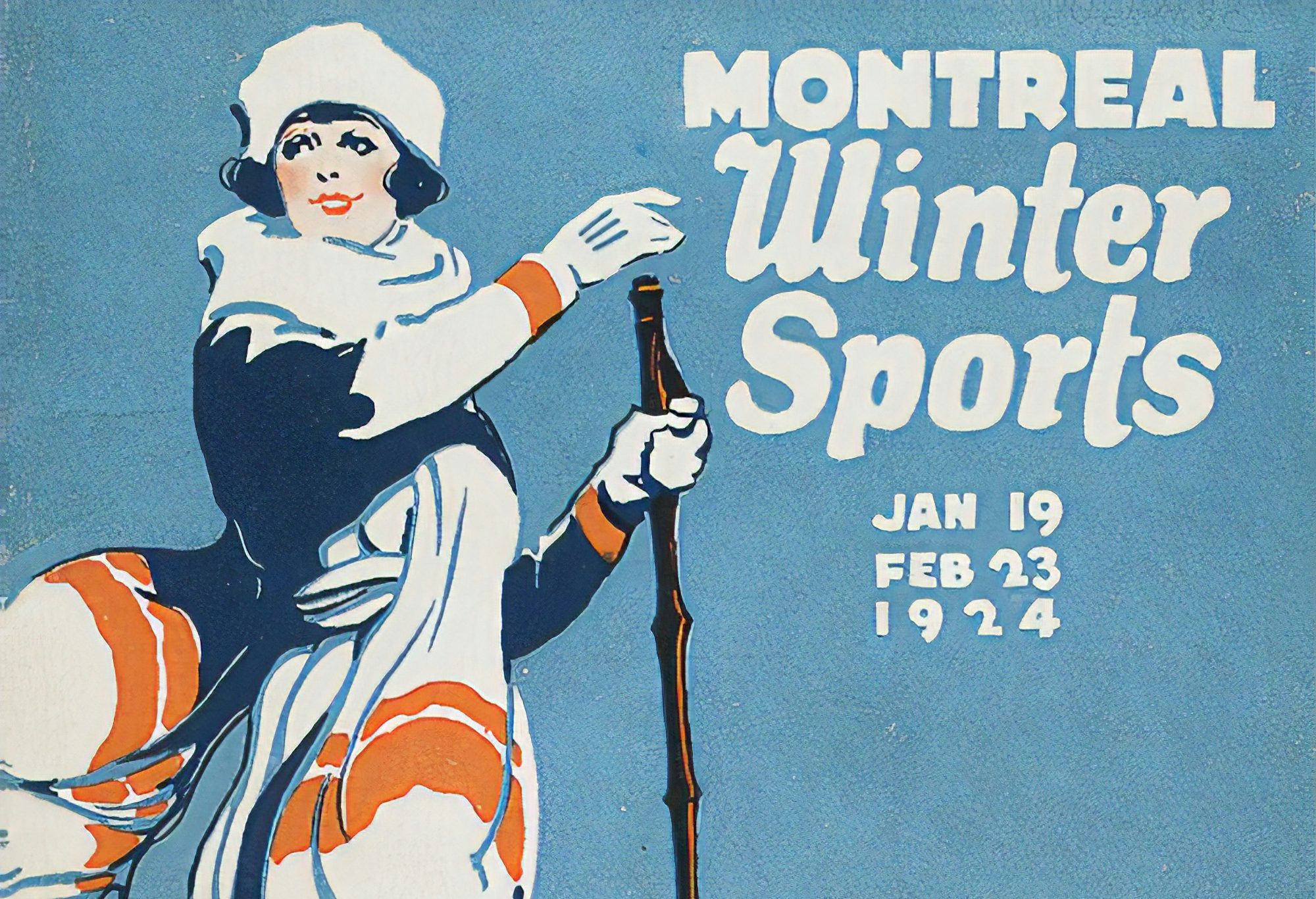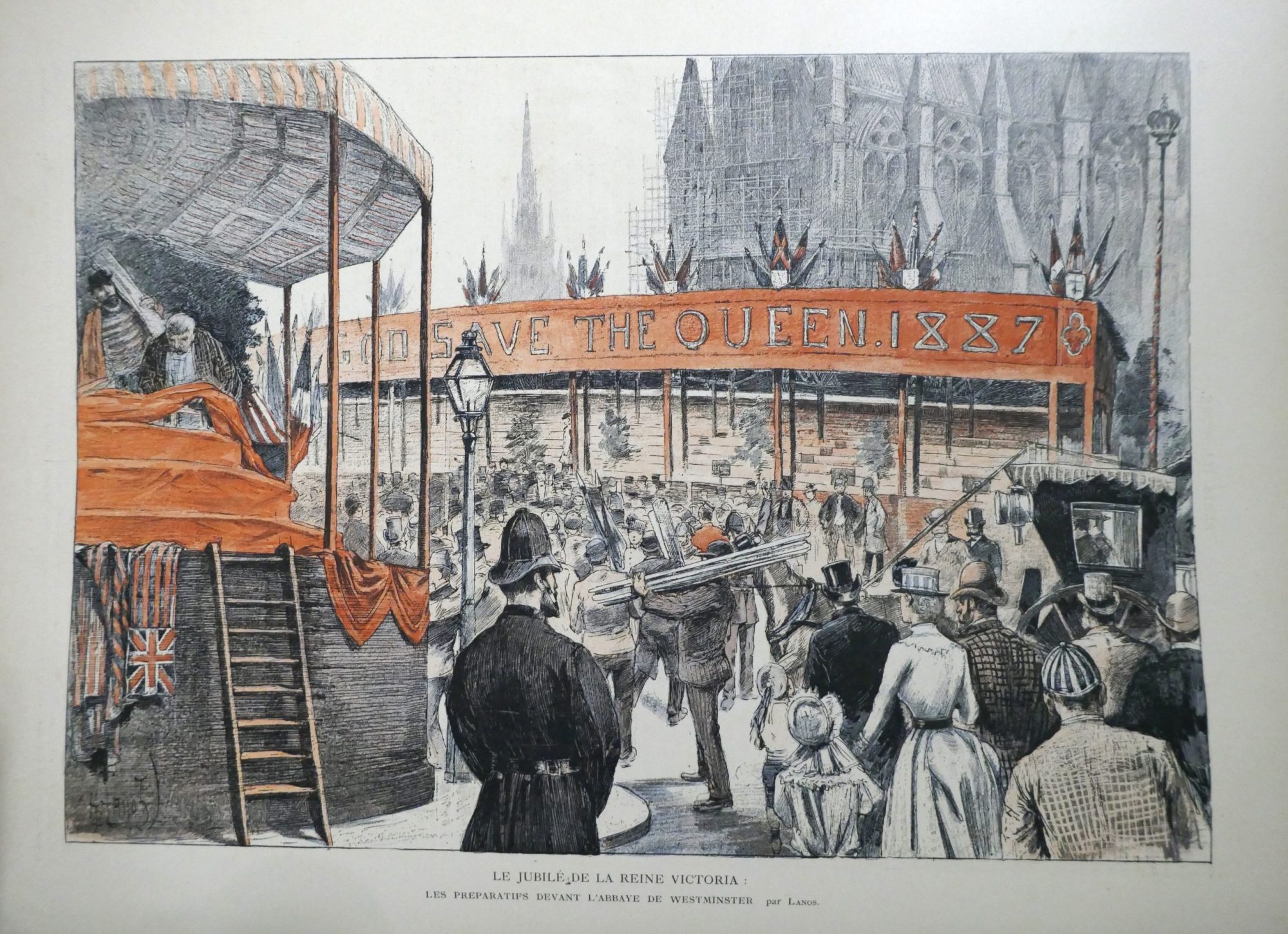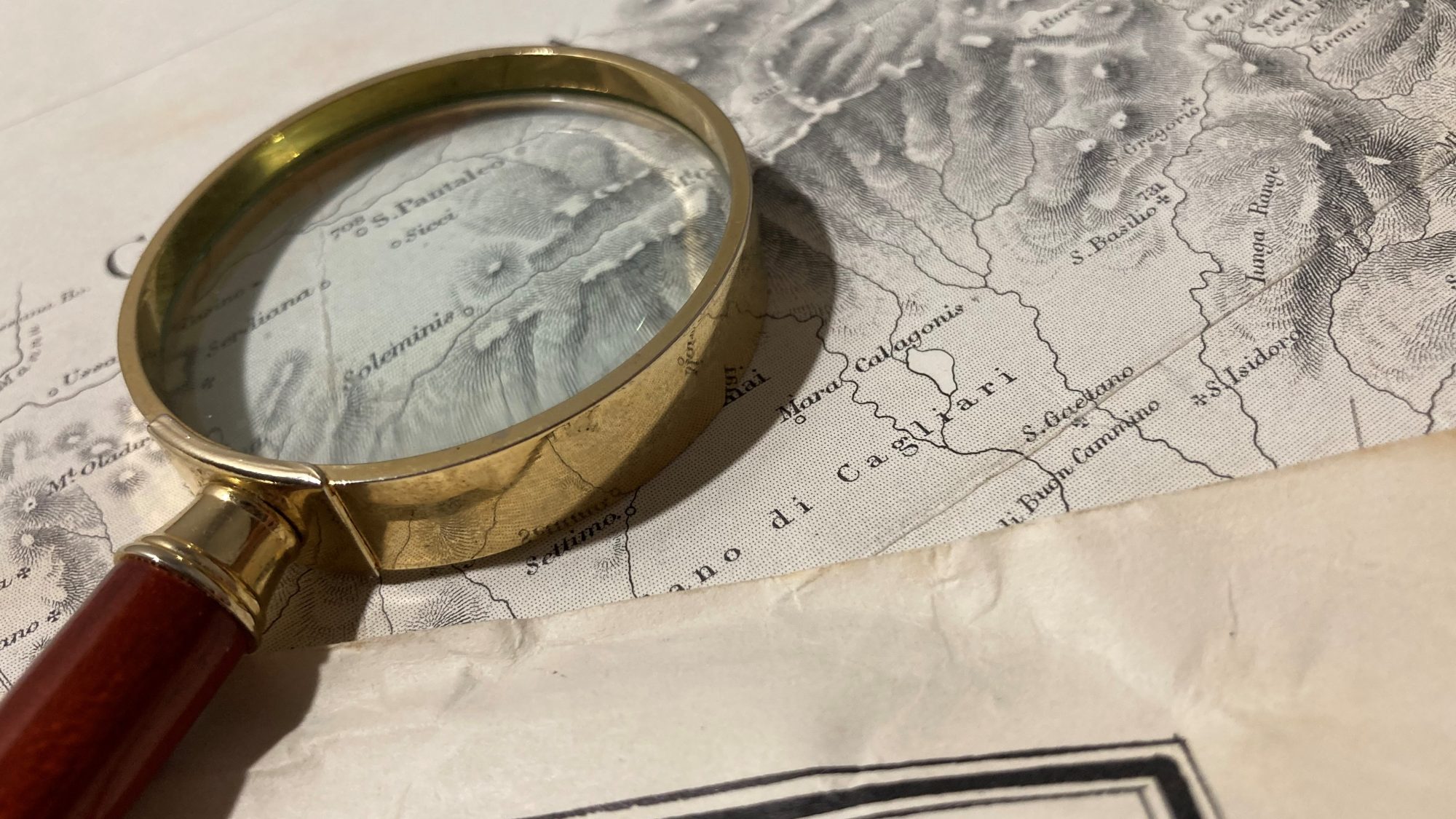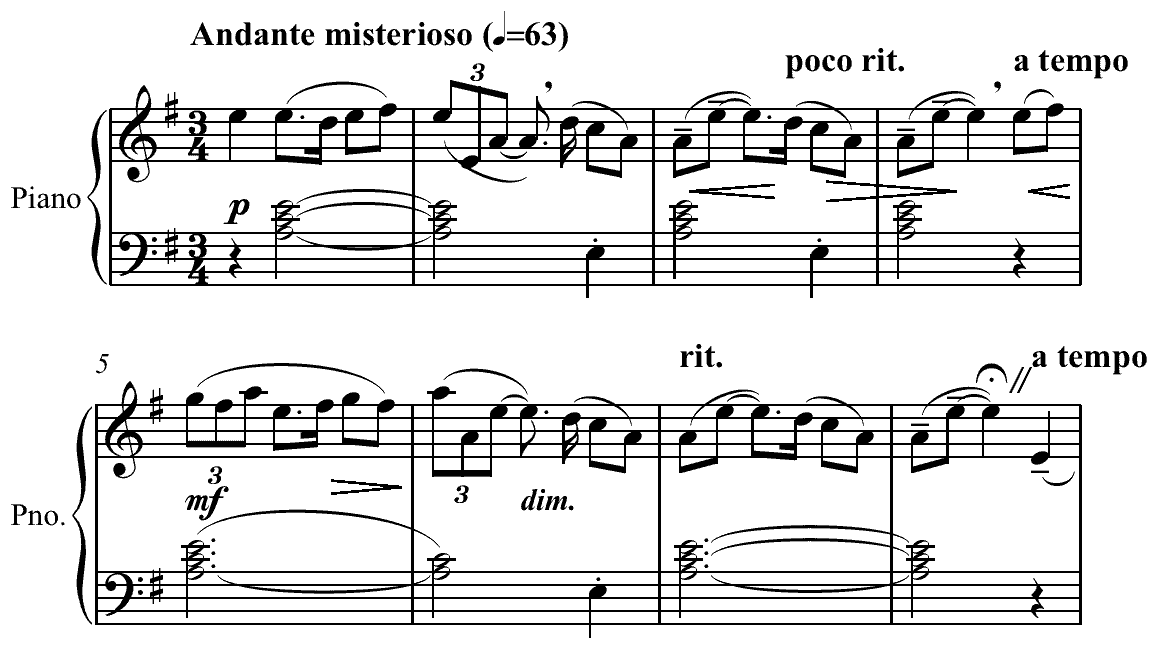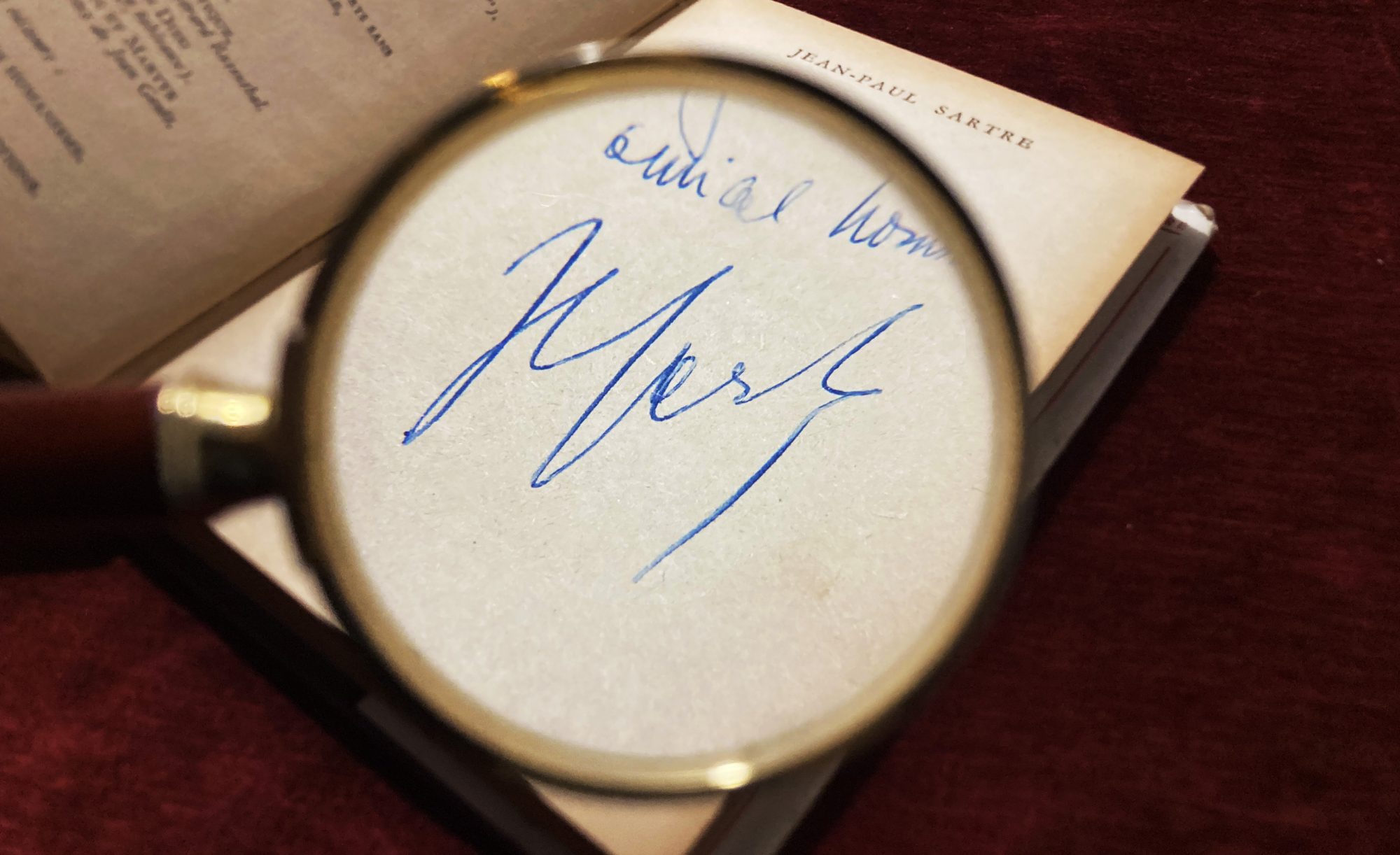Anatoly Karpov the “Boa Constrictor”
Anatoly Karpov the “Boa Constrictor”
Anatoly Yevgenyevich Karpov ( Анатолий Евгеньевич Карпов) was a Russian chess Grandmaster and a two time World champion between the years 1975 – 1985 and 1993 – 1999. He was born in Zlatoust, Russia, on May 23, 1951, and learned to play chess as soon as he was only 4 years old. He became a Candidate Master when he was only eleven. At twelve, he was accepted into Mikhail Botvinnik’s prestigious chess school, though Botvinnik made the following remark about the young Karpov: “The boy does not have a clue about chess, and there’s no future at all for him in this profession.”
Nonetheless, he improved significantly under Botvinnik’s guidance and became the youngest Soviet National Master in history at fifteen in 1966; this tied the record established by Boris Spassky in 1952. In 1970, he tied for fourth place at an international tournament in Caracas, Venezuela, and was awarded the grandmaster title.
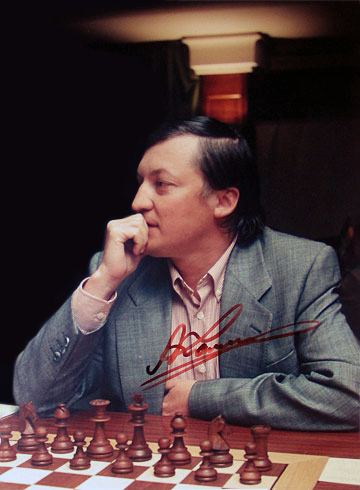
Karpov contemplating his first move
In 1974 Karpov won a match against Spassky in the Candidates semifinals and then the finals, thus earning the right to play Bobby Fischer for the World champion. However, to the disappointment of the chess public around the world, the match never happened as Fischer resigned from the championship on June 27, 1975. Anatoly Karpov was awarded the title of World Champion without having faced the reigning champion. Garry Kasparov argued that Karpov would have had good chances, given that he had beaten Spassky convincingly. In addition, he was a new breed of tough professional and indeed had higher quality games, while Fischer had been inactive for three years.
From Tournaments to Title
Determined to prove himself a legitimate champion, Karpov participated in nearly every major tournament for the next ten years. He thus earned the title of the World Champion after Fischers’ withdrawal. Some of the tournaments he won were:
Milan tournament 1975, Baguio, Philippines, where he defended the World Champions title against Korchnoi in 1978, Montreal “Tournament of Stars” 1979, Las Palmas 1977, the prestigious Bugojno tournaments in 1978 and 1980, the Linares tournament in 1981 and 1944, the Tilburg tournament in 1977, 1979, 1980, 1982, and 1983, and the Soviet Championship in 1976, 1983, and 1988.
In 1984 came a legendary match that will make one of the most (if not the most) famous rivalries in chess. It was the World Chess Championship 1984, held in Moscow, and Karpov’s opponent was Garry Kasparov.
Most Controversial Match in Chess History
The 1984 Moscow match was one of the most controversial matches in chess history. The rules of the match required six wins (draws not counting) to win the match. After nine games, Karpov was already up 4-0, and it looked like the match was over. However, Kasparov then utilized a strategy that the world has never seen before in any world championship match. This is largely because most of the matches up to that moment had a limited number of games. Namely, he abandoned hope of immediately catching up in victories and showed that, with the two players being close to equal in strength, he could draw at will.
Strategy Unfolding
Seventeen draws followed. This did not change the score of the match – Karpov was still up 4-0 – but putting up this resistance changed the landscape of the match. Kasparov hoped Karpov would get tired and lose patience, finally overstepping in an attempt to force the match immediately. Karpov won game 27, which gave him a 5-0 lead and put him one game away from retaining the championship. Kasparov is considered by many to be the best player ever, but if things had gone slightly differently – if Karpov could have won one more game and ended the match – chances are he would have been stopped in 1984, completely changing the history of chess.
Turn of Events
Slowly the match began to turn. After four draws, Kasparov finally won the game – the first time he defeated Karpov in his life. Then the draws again, 14 more; and the match had by that time gone longer than any other world championship match in history. But then Kasparov won games 47 and 48. And suddenly the match stopped. Allegedly the decision was taken in the interest of the health of the players, who had played for such a long time. But it was a strange moment to end the match after Kasparov had just won two games. A new match was scheduled for the next year, with Karpov’s two-point lead erased.
Aftermath
In spite of some bad blood, the new match began as scheduled. You can perhaps say that, behind the scenes, both players had their reasons for wanting the match to end. Karpov may well have been quite tired and perhaps considered giving up the two-game lead for a long break. Kasparov, on the other hand, certainly had reasons to want the two-point deficit erased.
In the 1985 match, Kasparov came out of the gate strong, winning the first game in excellent style. He had made some deep opening preparations, introducing into his repertoire the g3-variation against the Nimzo-Indian. The match had an unusually dramatic ending. In the 24th and final game (naturally, the 1985 match was of limited duration) Kasparov led by one point. Karpov had to win the last game with the white pieces in order to tie the match and retain the title. In a tough Scheveningen Sicilian, however, Kasparov managed to win, thus becoming the 13th world champion.
Kasparov-Karpov Rivalry
Kasparov and Karpov played five matches for the World champions title altogether. Kasparov won 21 games to Karpov’s 19 — yet this small margin was sufficient to retain the championship each time. Thus far there has been no rivalry in the chess world as great as the Kasparov-Karpov battles. The two players’ names are inextricably linked – their rivalry pushed each of them to reach higher levels than they would have alone. In 1993, Karpov reacquired the FIDE World Champion title when Kasparov and Short split from FIDE. Karpov defeated Timman – the loser of the Candidates’ final against Short. In 1999, due to new rules requirement that the champion must qualify to defend the title, Karpov refused to defend his title and ceased to be FIDE World Champion.
Anatoly Karpov still plays chess today, but he usually plays at exhibition events. In March 2010 Karpov announced that he would be a candidate for the presidency of FIDE. However, he lost the elections and Kirsan Ilyumzhinov was reelected. Anatoly was famous for his “Boa Constrictor” gameplay. The tactic was the following: he never took risks in positioning the pieces on the field and waited for the opponent to make the slightest mistake to start squeezing his grip on the board until the opponent eventually had no choice but to sacrifice pieces one by one.
Anatoly Karpov is one of the most famous chess players of all time, and we certainly can’t imagine chess history without him or his rivalry with Garry Kasparov.
Photo property of http://www.chessego.com/
Photo from actual listing on Sigedon Books and Antiques



